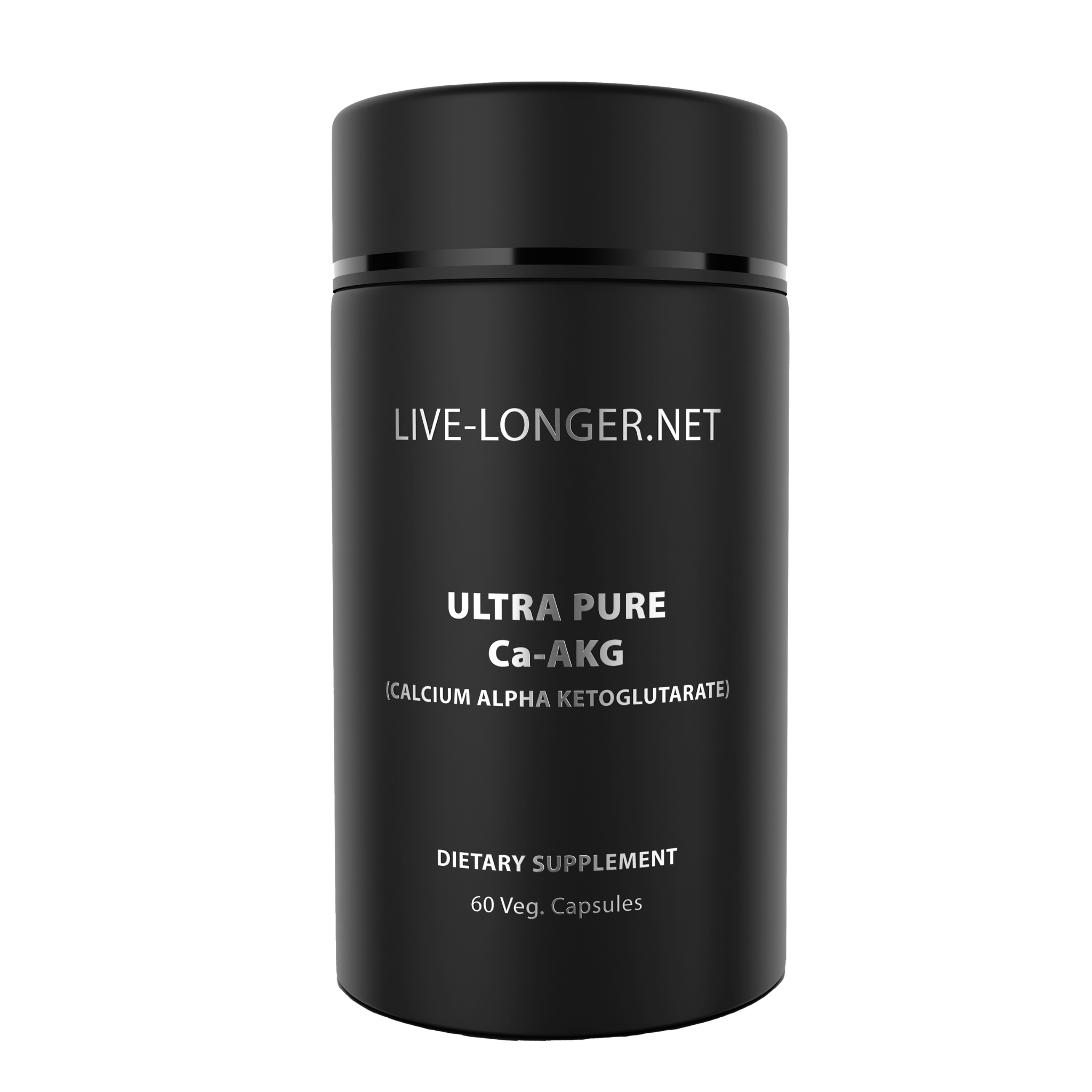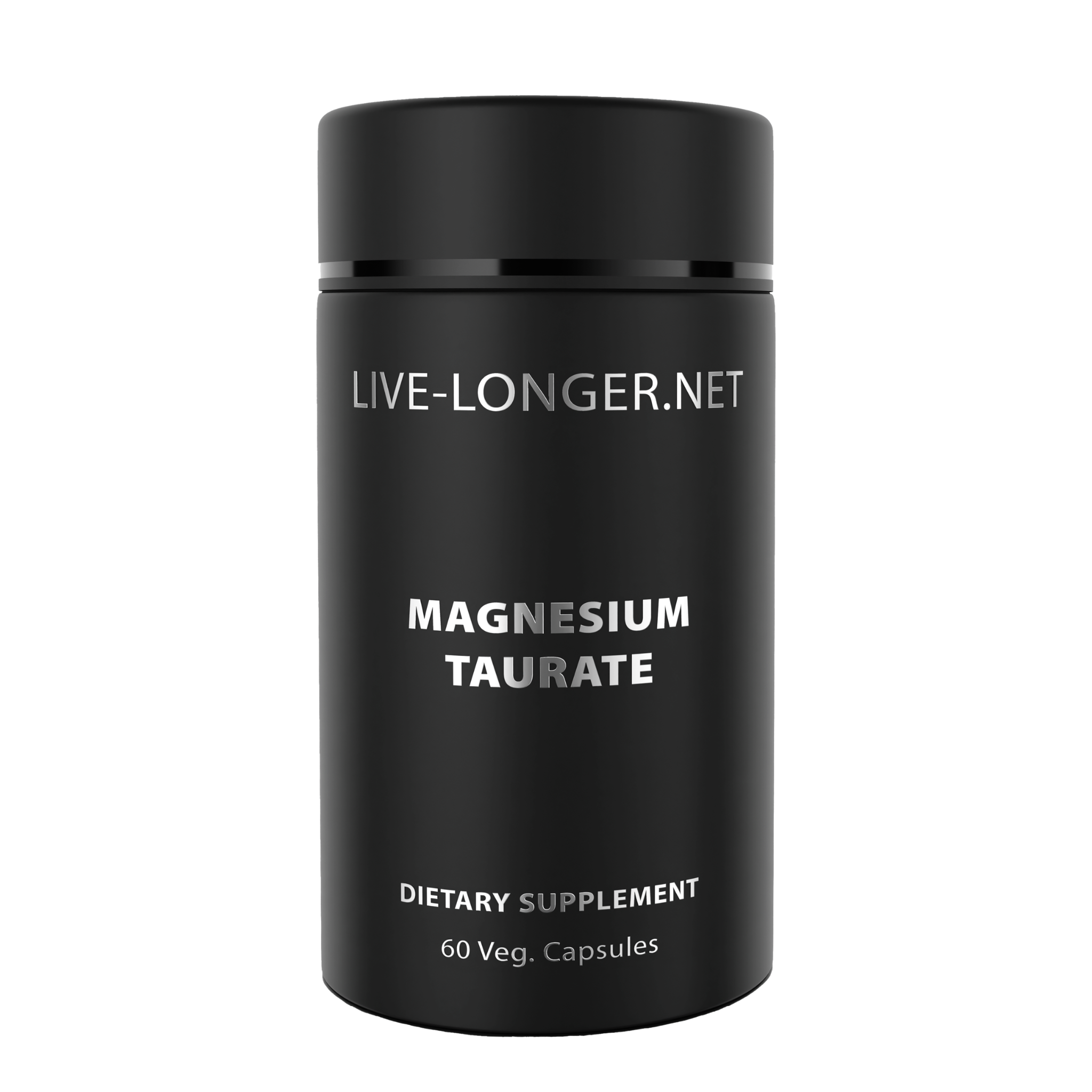Have you ever wondered why some people seem to stay youthful while others experience the effects of aging more quickly? The answer isn't just about lifestyle—it's also in our genes. The study of the genetics of aging has become a fascinating field, shedding light on why we age and how our DNA influences this process. While genetics may seem like a complex topic, its role in aging can be understood in simple terms.
Our genetic makeup acts as a blueprint for how our bodies function, including how we age. Certain genes control processes like cell repair, immune response, and even how our skin retains its elasticity. Scientists have identified these genetic factors, showing how they influence physical changes as we grow older. However, genetics is just one piece of the puzzle. Environmental factors, lifestyle choices, and other influences also play a significant role in shaping the aging process. Understanding the genetics of aging can help us make informed decisions to age better and feel empowered about our health and well-being.
What Does Genetics Have to Do With Aging?
Genetics plays a fundamental role in how we age, but what does this actually mean? At its core, your genes are the instructions that tell your body how to grow, repair, and adapt throughout your life. These instructions influence everything from how your skin responds to sunlight to how effectively your body fights off illness. In the context of aging, genetics can dictate how quickly certain signs of aging—like wrinkles or graying hair—appear [1].
For example, genes influence the production of collagen, a protein that keeps our skin firm and smooth. As we age, collagen production naturally decreases, but genetic differences can determine whether this happens earlier or later for some individuals [2]. Similarly, genetic factors can affect the health of our bones, joints, and even eyesight, making some people more prone to issues like osteoporosis [3].
However, genetics isn't destiny. While your DNA might predispose you to certain traits, it doesn't guarantee them. Environmental factors such as sun exposure, smoking, and stress play significant roles in how your genes are expressed. This means that two people with similar genetic backgrounds can age quite differently depending on their lifestyle choices. By understanding the genetics of aging, we can better appreciate how our genes interact with the world around us to shape our aging journey.
Can Genetics Predict How We Age?
One of the most intriguing aspects of the genetics of aging is whether our DNA can predict how we'll age. The truth is that while genetics provides some clues, it doesn't give us a complete picture. For instance, research has shown that longevity often runs in families [4]. If your grandparents lived into their 90s with minimal health issues, there's a good chance you might share similar genetic advantages.
However, predicting aging isn't as straightforward as looking at your family tree. Scientists have identified specific genes, such as those involved in repairing DNA damage, that influence aging.
For example, the FOXO3 gene has been linked to longer lifespans and better resistance to age-related diseases [5]. However, possessing such genes doesn't guarantee a longer life. Environmental factors—like diet, exercise, and exposure to pollutants—interact with these genes, influencing how they function.
Moreover, there's a growing understanding of epigenetics, which explores how lifestyle and environmental factors can switch certain genes on or off [6]. This means that even if you inherit genes associated with faster aging, healthy habits can potentially modify how those genes are expressed. On the other hand, unhealthy choices might activate genes that accelerate aging.
Ultimately, while genetics can provide a roadmap for understanding your potential aging process, it's not a crystal ball. How you care for your body and mind plays a significant role in determining how gracefully you age. This blend of genetic predisposition and personal choices emphasizes the importance of staying proactive about your health.
Common Misconceptions About Aging and Genetics
There's no shortage of misconceptions about the genetics of aging, many of which can lead to unnecessary worry or confusion. One persistent myth is that if your parents aged quickly or developed age-related conditions, you're destined to follow in their footsteps. While it's true that genetic traits can be inherited, they are only one part of the equation. Environmental and lifestyle factors often have an equal, if not greater, influence on how we age.
Another widespread belief is that there's nothing you can do to counteract the effects of aging determined by your genes. This misconception can leave people feeling helpless, but it's far from accurate. Genes don't act in isolation—they interact with our environment. For example, a person with a genetic predisposition to heart disease can significantly reduce their risk through regular exercise, a healthy diet, and stress management.
Some people also believe in quick fixes or miracle treatments. While certain products can support healthy aging, they cannot fundamentally alter your genetic makeup. Understanding the limits of these claims is important for making informed choices.
By debunking these myths, we can shift the focus from worrying about inherited traits to adopting a proactive approach to aging. The genetics of aging isn't about inevitability—it's about understanding possibilities and using that knowledge to make empowered decisions.
How Science Is Learning More About Aging?
The science of aging has made tremendous progress in recent years, particularly in understanding the genetics of aging. Researchers have been studying the DNA of long-lived individuals to uncover the secrets behind their extended lifespans. These studies have identified several "longevity genes," such as APOE and SIRT1, which appear to play key roles in promoting healthy aging and preventing diseases [7][8].
One area of research focuses on telomeres, the protective caps at the ends of chromosomes. Telomeres naturally shorten as we age, and this shortening is linked to aging-related issues like weakened immunity and slower cell regeneration [9]. Scientists are investigating ways to slow telomere shortening or even repair them, with the hope of developing treatments that could delay aging-related health problems.
Another exciting field is epigenetics, which explores how environmental factors like diet, exercise, and stress influence gene expression. For instance, studies have shown that a nutrient-rich diet and regular physical activity can positively affect genes linked to aging [10]. This research underscores the idea that even though genetics play a role in aging, our choices have a significant impact.
Looking to the future, technologies like CRISPR, which allows for precise gene editing, could potentially be used to address genetic factors that contribute to aging [11]. While these breakthroughs are still in the experimental stages, they offer hope for a future where we can better manage the aging process and improve quality of life.
What Can You Do About It?
While science continues to uncover the mysteries of the genetics of aging, there are practical steps you can take today to support healthy aging. The first is to understand your family's health history. This can provide insights into potential genetic risks, such as a predisposition to conditions like diabetes or heart disease. Armed with this knowledge, you can take preventive measures to reduce these risks.
Lifestyle choices play a huge role in how we age, regardless of our genetic makeup. A balanced diet rich in fruits, vegetables, whole grains, and lean proteins can support overall health and counteract some genetic predispositions. Foods high in antioxidants, for instance, can help combat oxidative stress, which contributes to aging at the cellular level.
Physical activity is equally important. Regular exercise, whether it's walking, swimming, or yoga, strengthens your body, improves mood, and even influences how your genes are expressed. Stress management is another key factor—chronic stress can accelerate aging, so practices like meditation, deep breathing, or spending time in nature can be incredibly beneficial.
Avoiding harmful habits like smoking and excessive alcohol consumption is also crucial. These behaviors can worsen genetic tendencies toward premature aging or chronic illnesses. Finally, staying informed about advancements in aging research can empower you to make decisions that align with your health goals. The genetics of aging may provide a starting point, but your actions ultimately shape the journey.
The Bottom Line
Understanding the genetics of aging offers valuable insights into why we age and what influences the process. While our DNA serves as the foundation, it's not the sole determinant of how we grow older. Lifestyle choices, environmental factors, and personal habits all play crucial roles in shaping the aging process.
The good news is that even if you inherit genes associated with faster aging or certain health conditions, you have the power to take control. From eating a balanced diet to staying active and managing stress, small, consistent steps can have a big impact on how you age.
As science continues to explore the genetics of aging, the future holds promise for innovative ways to manage the process and improve quality of life. Ultimately, genetics may guide the path, but it doesn't define the destination. With the right knowledge and habits, we can all work toward a healthier, more fulfilling life at any age.
References
- Rodríguez-Rodero S, Fernández-Morera JL, Edelmiro Menéndez-Torre, Calvanese V, Fernández AF, Fraga MF. Aging Genetics and Aging. Aging and Disease [Internet]. 2011 Apr 28;2(3):186. Available from: https://pmc.ncbi.nlm.nih.gov/articles/PMC3295054/
- Potekaev NN, Borzykh OB, Medvedev GV, Petrova MM, Gavrilyuk OA, Karpova EI, et al. Genetic and Epigenetic Aspects of Skin Collagen Fiber Turnover and Functioning. Cosmetics [Internet]. 2021 Dec 1;8(4):92. Available from: https://www.mdpi.com/2079-9284/8/4/92
- Mäkitie RE, Costantini A, Kämpe A, Alm JJ, Mäkitie O. New Insights Into Monogenic Causes of Osteoporosis. Frontiers in Endocrinology [Internet]. 2019 Feb 25;10. Available from: https://www.frontiersin.org/journals/endocrinology/articles/10.3389/fendo.2019.00070/full
- van, Mar Rodríguez‐Girondo, Kees Mandemakers, Angelique, Beekman M, P. Eline Slagboom. Longevity Relatives Count score identifies heritable longevity carriers and suggests case improvement in genetic studies. Aging Cell [Internet]. 2020 Apr 30 [cited 2024 Dec 31];19(6). Available from: https://pmc.ncbi.nlm.nih.gov/articles/PMC7294789/
- Zhao Y, Liu YS. Longevity Factor FOXO3: A Key Regulator in Aging-Related Vascular Diseases. Frontiers in Cardiovascular Medicine [Internet]. 2021 Dec 23;8. Available from: https://www.frontiersin.org/journals/cardiovascular-medicine/articles/10.3389/fcvm.2021.778674/full
- CDC. Epigenetics, Health, and Disease [Internet]. Genomics and Your Health. 2024. Available from: https://www.cdc.gov/genomics-and-health/epigenetics/index.html
- Revelas M, Thalamuthu A, Oldmeadow C, Evans TJ, Armstrong NJ, Kwok JB, et al. Review and meta-analysis of genetic polymorphisms associated with exceptional human longevity. Mechanisms of Ageing and Development [Internet]. 2018 Oct 1 [cited 2024 Dec 31];175:24–34. Available from: https://pubmed.ncbi.nlm.nih.gov/29890178/
- Kilic U, Gok O, Erenberk U, Dundaroz MR, Torun E, Kucukardali Y, et al. A Remarkable Age-Related Increase in SIRT1 Protein Expression against Oxidative Stress in Elderly: SIRT1 Gene Variants and Longevity in Human. Alway SE, editor. PLOS ONE [Internet]. 2015 Mar 18 [cited 2024 Dec 31];10(3):e0117954. Available from: https://pmc.ncbi.nlm.nih.gov/articles/PMC4365019/
- Gruber HJ, Semeraro MD, Renner W, Herrmann M. Telomeres and Age-Related Diseases. Biomedicines [Internet]. 2021 Sep 27 [cited 2024 Dec 31];9(10):1335. Available from: https://www.ncbi.nlm.nih.gov/pmc/articles/PMC8533433/
- Tiffon C. The Impact of Nutrition and Environmental Epigenetics on Human Health and Disease. International Journal of Molecular Sciences [Internet]. 2019 Nov 1;19(11):3425. Available from: https://www.ncbi.nlm.nih.gov/pmc/articles/PMC6275017/
- Gyngell C. Gene editing and the health of future generations. Journal of the Royal Society of Medicine [Internet]. 2017 Apr 26;110(7):276–9. Available from: https://www.ncbi.nlm.nih.gov/pmc/articles/PMC5524257/









